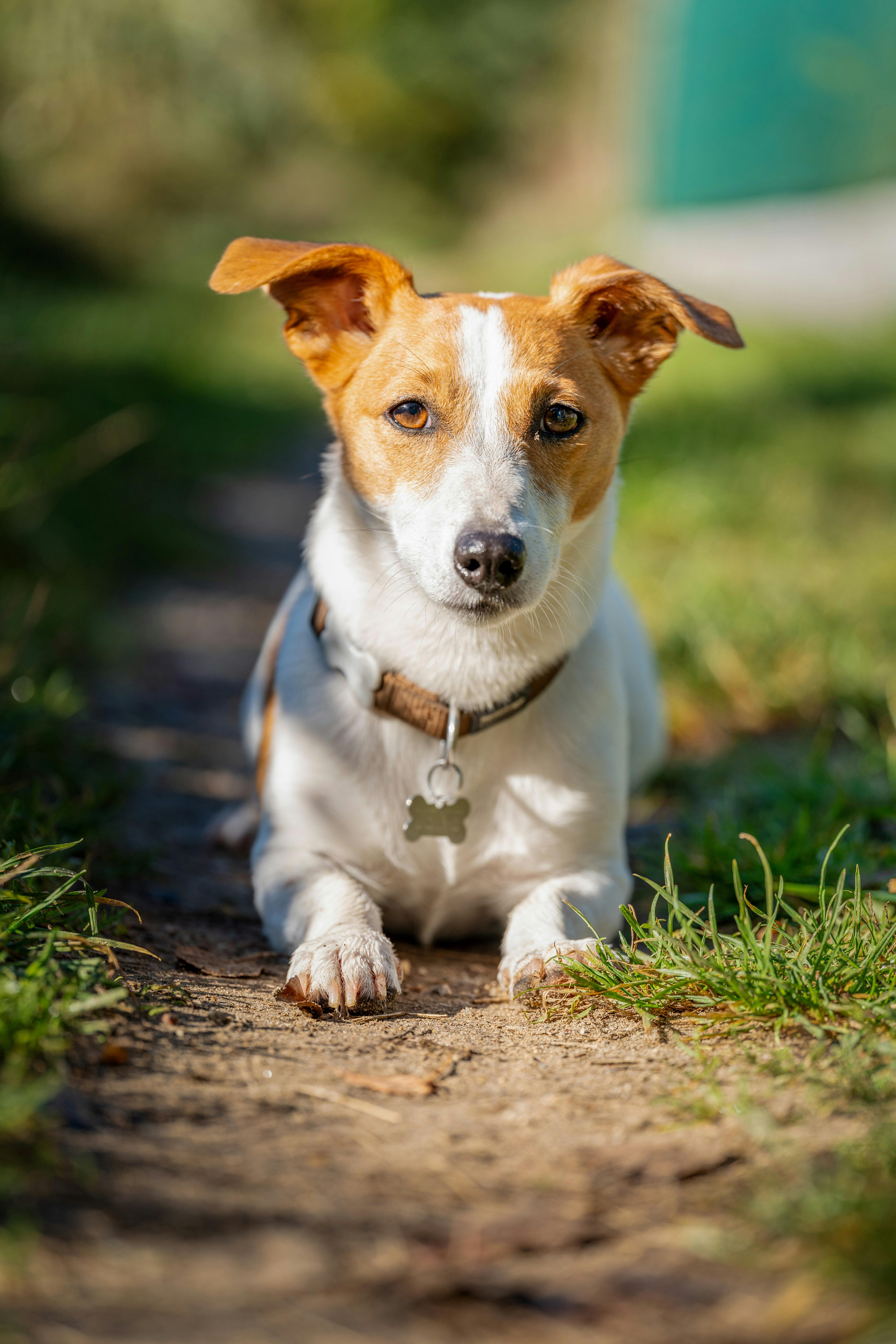Choosing the Right Collar for Your Dog

Choosing the Right Collar for Your Dog
Finding the perfect collar for your dog can be a significant decision that affects both their comfort and safety. A dog collar is not just a fashion statement; it serves as the point of attachment for a leash, a place to hang ID tags, and can aid in training. With numerous types available on the market, it's essential to select one that suits your pet’s size, breed, and lifestyle. In this blog post, we'll explore the various types of dog collars and provide guidance to help you make an informed choice.
Standard Flat Collar
The most common type of collar is the standard flat collar. Made from leather or nylon, these collars are suitable for all breeds and are perfect for dogs who do not pull on the leash excessively. They are comfortable for everyday wear and can easily hold identification and rabies tags. However, for dogs that tend to pull, a different style might be more appropriate to prevent strain on their neck.
Martingale Collar
Martingale collars, also known as limited-slip collars, are a great option for breeds that have a slim head, which can often slip out of flat collars, such as Greyhounds and Whippets. This type of collar tightens slightly when the dog pulls on the leash but not to the extent that it would choke them, providing a safer and escape-proof alternative.
Harness Types
If your dog pulls frequently or has respiratory problems, a harness might be a better choice. Harnesses come in different styles, such as the no-pull harness, which redirects your dog back towards you when they pull, making walks more manageable and enjoyable. They are particularly recommended for small breeds with delicate throats, who are prone to damage from pulling on a traditional collar.
Training Collars
For training purposes, specially designed collars like choke chains, prong collars, and electronic collars are available. However, these should be used with caution and preferably under the guidance of a professional trainer as improper use can cause harm to the dog. These are typically employed for training against excessive pulling, lunging, or barking.
Reflective or Lighted Collars
If you often take your dog out for walks early in the morning or late at night, reflective or lighted collars can be a lifesaver. They ensure your dog is visible to motorists, cyclists, and other pedestrians, reducing the risk of accidents.
Considerations and Tips
Remember, the choice of a dog collar is significant because it affects your pet's safety, comfort, and responsiveness. Carefully consider the options and select a collar that best matches your needs and your dog’s personality and behavior.
Conclusion
With the right knowledge and careful consideration, you can choose the perfect collar to ensure your dog is both safe and comfortable in their daily activities. Whether it’s a casual stroll in the park, a training session, or nighttime walks, selecting the ideal collar is an essential step in caring for your beloved pet.